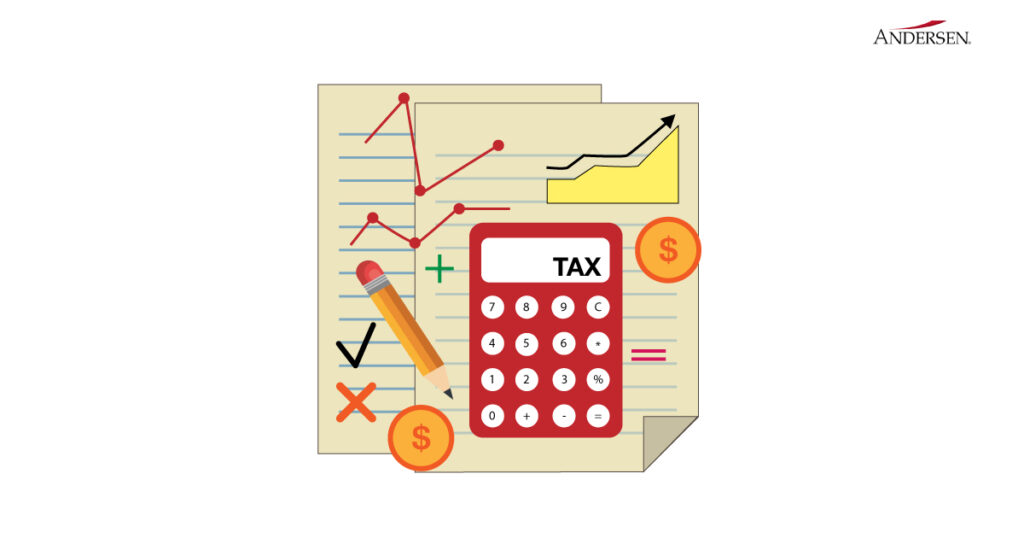What is Georgia’s Small-Business Status, and why is it so attractive?
Georgia offers one of the most attractive tax regimes in Europe through its Small-Business Status, available to qualifying individual entrepreneurs. Under this regime, eligible persons pay just 1% income tax on their annual turnover instead of the standard 20%. This has made Georgia a hub for freelancers, remote consultants, digital nomads, and expats who base their work in Georgia.
As of 2025, the 1% tax rate applies to turnover up to 500,000 GEL (approximately 180,000 USD) annually. For agritourism businesses, the threshold increases to 700,000 GEL. If you go over the threshold during the calendar year, the excess amount is taxed at a higher rate of 3%. You can still retain the status until the end of the year. Importantly, if you exceed the turnover cap for two years, your Small-Business Status is automatically revoked on January 1 of the third year.
For a broader understanding of the country’s tax landscape, see our overview of Georgia’s tax system.
How do I register for Small-Business Status in Georgia?
To apply, one must register as an Individual Entrepreneur (often abbreviated as IE). The entire process is digital and typically completed within a single day. After registering as an IE, you can apply for Small-Business Status through your personal account on the Revenue Service portal.
What are the Eligible Activities?

Not all types of businesses qualify. Certain professional services are excluded from Small-Business Status. For example, legal and notarial services, tax or audit consulting, medical and architectural work are ineligible. Advisory services and financial services, such as currency exchange or financial intermediation, are also excluded.
The regime also excludes gambling, excise-taxed activities, and staffing services. It excludes any business that requires a special license (with a few exceptions, such as taxi permits in Tbilisi). However, the status is perfect for freelancers working in the IT field, digital marketing, etc.
Even if you do qualify under the allowed categories, it’s essential to understand that not all income is taxed at 1%. Some types of income are always subject to the standard 20% personal income tax – regardless of your status. These include rental income, capital gains from selling assets, interest, dividends, royalties, gifts, inheritances, and gambling winnings.
For example, an entrepreneur earns 480,000 GEL from software development services and receives a car worth 50,000 GEL as a gift. Only the service income is taxed at 1%, resulting in 4,800 GEL in tax. The gift is taxed at the standard 20% rate, causing an additional 10,000 GEL tax liability.
Can I Use This Status Without Moving to Georgia?
While this regime is attractive to Georgian residents, non-residents can also register as Individual Entrepreneurs.
They can apply for the 1% tax status if they meet eligibility and their income is Georgian-sourced.
It’s crucial to distinguish between Georgian-source and foreign-source income. The 1% tax rate only applies to income that is considered to originate from Georgia. This usually means the service must be performed within Georgian territory. If the service is performed while the taxpayer is physically outside Georgia, the income may be taxed in that other jurisdiction. For tax purposes, issues such as Permanent Establishment (PE), residency, and double tax treaties may become relevant.
For example, if you’re physically present in Georgia and providing remote marketing services to a UK-based client, that income is generally considered Georgian-source and taxed under 1% regime. But if you perform the same service while living outside Georgia, it may not qualify for the 1% rate, and international taxation issues may need to be addressed.
Do I need to register for VAT separately?
If your turnover within any rolling 12-month period exceeds 100,000 GEL (approximately 37,000 USD), you are required to register for VAT, which is charged at 18%. This is separate from Small-Business Status and not automatically triggered, but once required, it brings additional compliance burdens, such as monthly VAT declarations. However, Georgia uses standard B2B rules in order to determine the place of supply of services for VAT purposes. This means, if the person supplies services to non-residents, such transactions are not subject to VAT in Georgia and are excluded from the 100,000 GEL threshold.
What are the Compliance requirements?
Monthly tax reporting is mandatory for all small business status holders. Every month, you must submit an income tax declaration via your Revenue Service account, even if you had no income that month.
At Andersen Georgia, we’ve helped many clients, including international freelancers and creative professionals, navigate the registration process and optimize their tax setup under Georgia’s Small-Business Status. We provide full support: from initial registration and status application to cross-border structuring, planning, and long-term tax compliance.
If you’re considering relocating to Georgia or restructuring your freelance income, contact our team. You can also learn more about our services on our Tax Services page.


Pingback: The Cheapest Countries Offering Digital Nomad Visas
Pingback: راهنمای جامع ثبت شرکت در گرجستان (۲۰۲۵): ساختارها، مالیات ۱% و چالشهای بانکی برای ایرانیان - تجارت نامه
Pingback: ثبت شرکت در گرجستان ۲۰۲۵ | راهنمای جامع برای ایرانیان